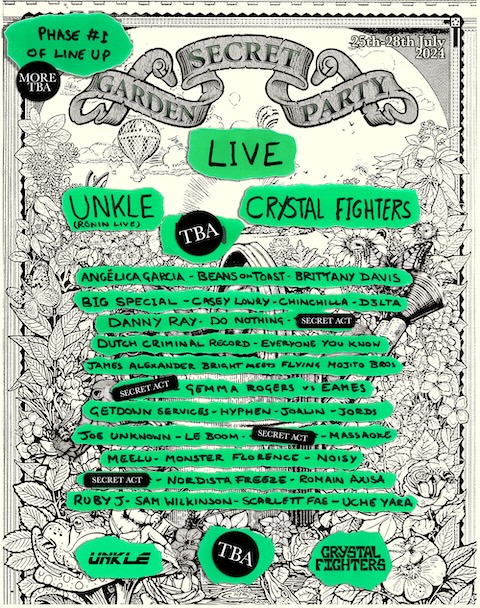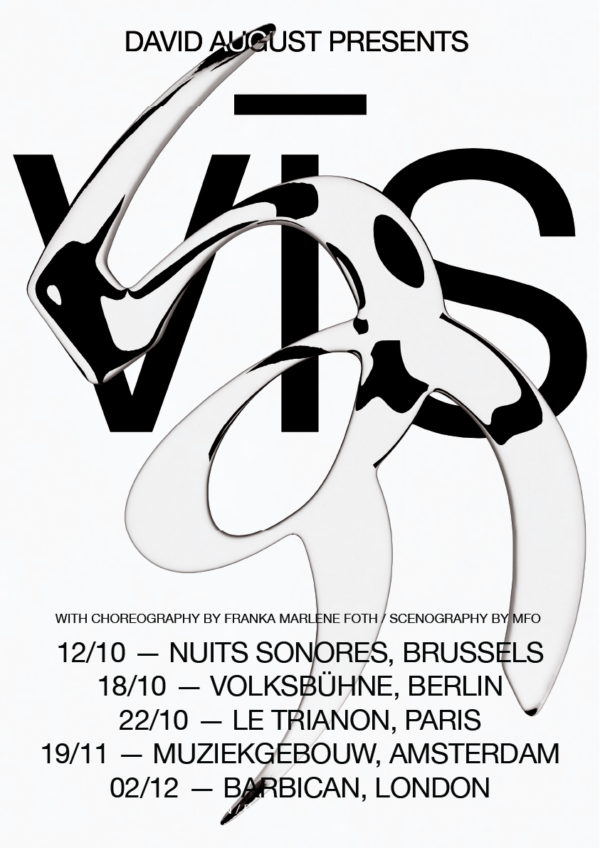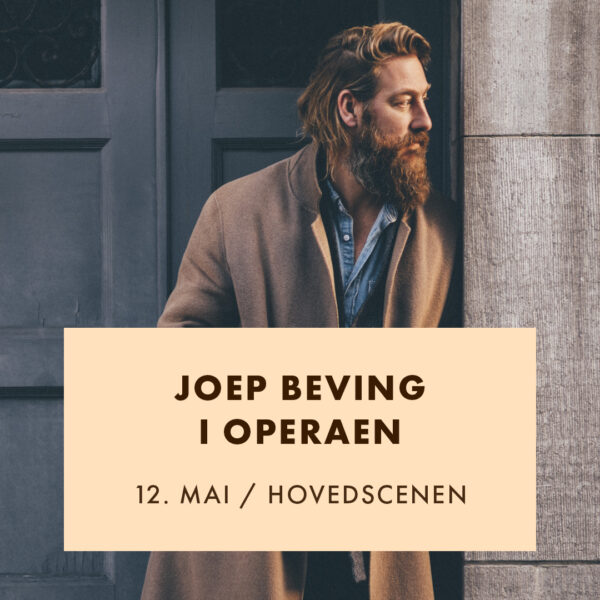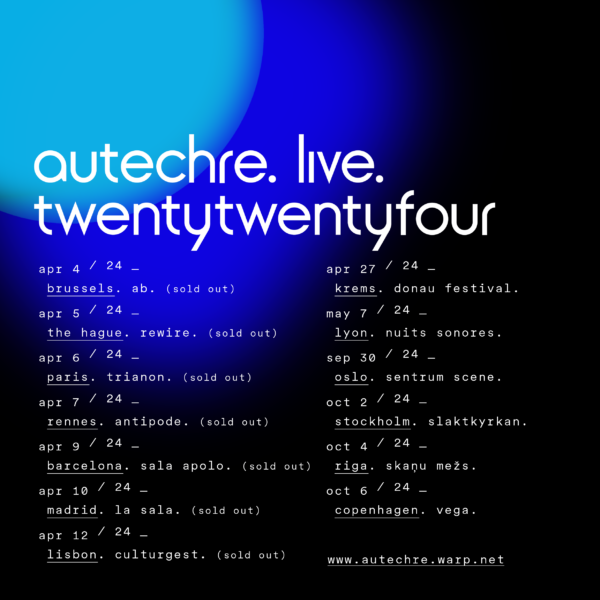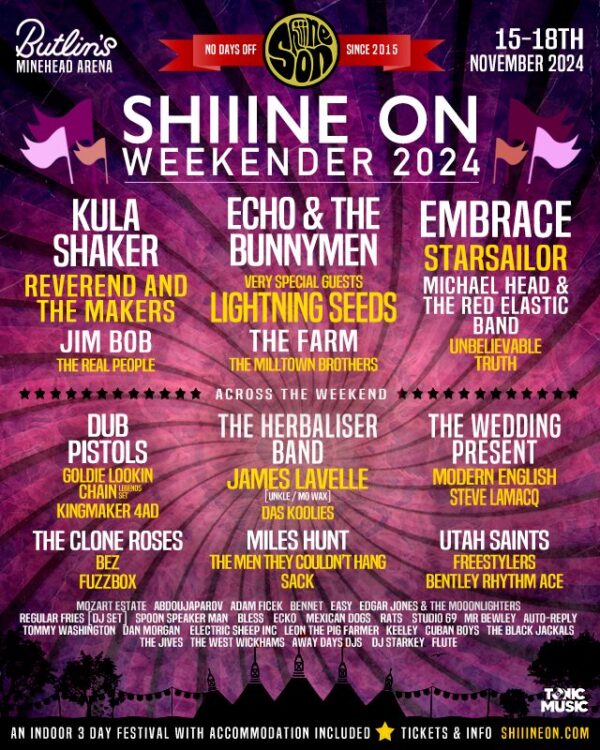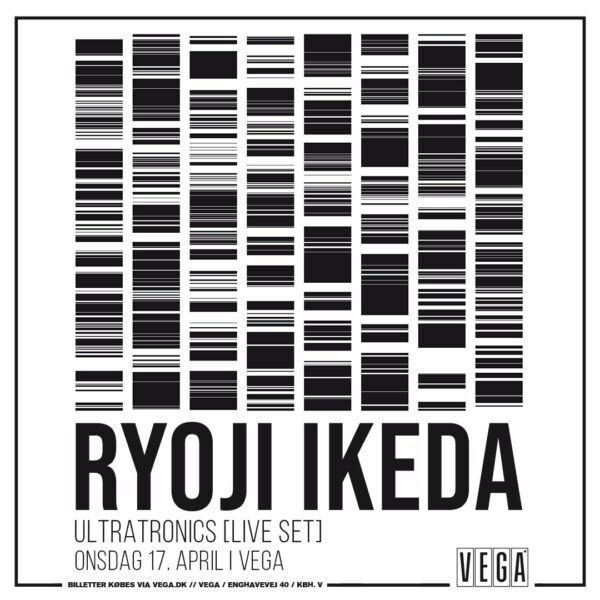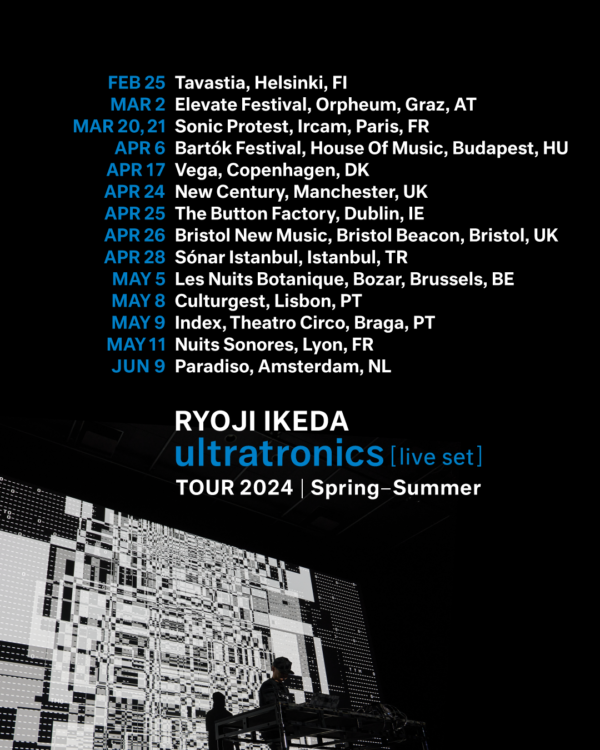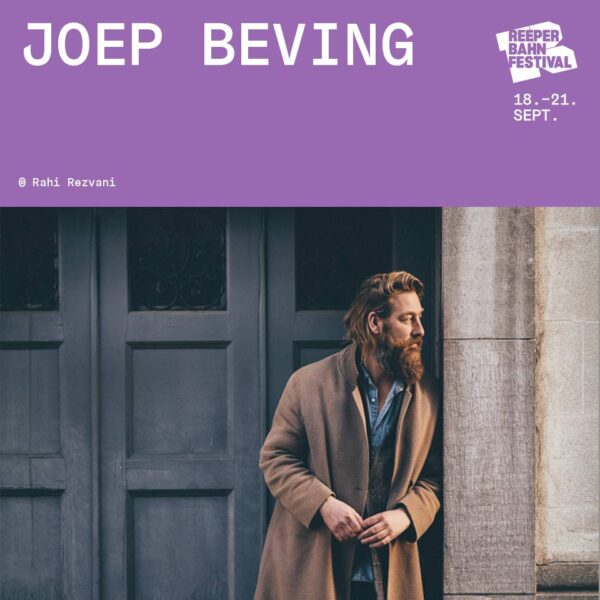Archive
Braids announce new music
“For those of u that have ever taken selfies, contorted ur body for selfies, pushed up ur breasts, hid ur breasts, hid ur ass, pushed up ur ass, exaggerated ur bulge, exaggerated ur collarbones, turned up the contrast, softened ur lines, been ghosted, ghosted, used tinder, failed at tinder, fallen down an instagram hole, deleted and downloaded it , deleted and downloaded it, deleted and downloaded it, wandered the drug store for clarity, thought hair dye could ease ur pain, at least for a couple days, and flipped the bird at 1 or all of these things – these songs are 4 u.
We hope you can sing with them, scream with them, dance with them, laugh with them and dream of how u want to feel and deserve to feel. Take a moment for urself.”
– Raphaelle
LISTEN TO “COLLARBONES” and “BURDOCK & DANDELION” >
BRAIDS’ two new singles, “Collarbones” and “Burdock & Dandelion”, reflect their quintessential sound, yet also exhibit a new, bold and potent musical and lyrical maturity. Casting a critical eye on our fast-paced, smartphone, media-obsessed culture of consumption, these new songs vulnerably explore the perils of contemporary life and seek redemption from a world that is “moving faster / than we ever expected”.
In “Collarbones”, online dating, impulse-driven intimacy and digital desirability is poked fun at, while “Burdock & Dandelion” turns its critical gaze towards the toxicity of ‘ghosting’, the beauty standards women face that men don’t, and the capitalism of self-care. What emerges in these songs is sonic apothecary for digital malaise, reflecting a generation’s palpable longing for something more real, authentic, less filtered and, ultimately, more human.
We’re here to feel something more
But we’re just hurtling towards
Seeing and feeling nothing
Nothing more than an impulse
To move on to the next thing
And forget the lastBRAIDS are a Montreal-based, three-piece band composed of Raphaelle Standell-Preston, Taylor Smith and Austin Tufts. BRAIDS have solidified a decade-long reputation for their musical ingenuity and established themselves as one of Canada’s most acclaimed art rock bands, releasing three albums: ‘Deep In The Iris’ (2015), ‘Flourish // Perish’ (2013), ‘Native Speaker’ (2011), and the EP ‘Companion’ (2016). BRAIDS’ most recent album ‘Deep In The Iris’ was a landmark record for the band, winning the 2016 Juno for Alternative Album of the Year. With Standell-Preston’s vocals as the pillar of their sound, BRAIDS weave organic and electronic elements together amidst a lyrical landscape that is intimate and emotionally-immersive.
Press Materials: http://www.flemisheye.com/press/braids
Collarbones / Burdock & Dandelions on Flemish Eye : http://www.flemisheye.com/braids
Instagram: http://instagram.com/braidsmusic
Spotify: https://open.spotify.com/artist/6JX35IQ1Yw84Yjzq2Y5p5iBraids release Joni music video
Released a video for our new track “Joni”!
The video started with the desire to film in Los Angeles. I was spending the winter there, and was drawn to the opposing feelings that the city gave off: cluttered though spacious, freeing yet difficult, palm trees in a desert. The song itself sounded like the push and pull of all these things.
My roommate at the time, Maria-Ines, is a director. She agreed to make a video with me over a weekend, on a shoe string budget. I assured the band, despite having never produced a video before, that it could be done. Maria-Ines hung out of a car window filming as her partner drove the freeway, our roommate spritzed my face for the wet-sheet-scenes, my talented actor-friend Bob agreed to make-out with me, the girl from the donut shop let us film in secret, and the editor, Mark – who had just recently become a best friend – did us a huge best friend favour…… “Joni” is the culmination of people being excited to make something together.
Symbolically, the song is about wanting to be fine with not knowing where you’re headed, not knowing how things are going to end up. It’s the desire to make a “home” within yourself when you’re say – living out of a suitcase in a van, your relationship is ending, or you’re dealing with whatever difficult scenario life is throwing at you. The ye olde question – Can we be ok even when everything outside of us is not?
More personally, the video explores a relationship ending: a couple strives to reclaim their individuality while trying to stay close together, the battle and beauty of what it’s like to be in a partnership. It’s to be bored sometimes though still in love, to sometimes want to run away, scared to actually part because your whole world feels so wrapped up in them. Making this video was a testament to the song’s lyrics – “We don’t know where we are going, I want to be fine with not knowing darling”… None of us knew if this would work but we all dove in, trusting our guts. “Joni” is the outcome for that kind of instinctual trust.
xo !
Braids announce new EP, Glastonbury, UK tour + video
Delighted to announce a new release! It’s an EP, titled Companion – four songs that were started back when we were writing Deep In The Iris. For one reason or another, these songs were left unfinished. At the time they felt separate to the songs that made up DITI – strong in their own right, but left as unknowns to a larger compositional work.
In August of last year, we had a small window of time at home, in Montreal. Having been on the road for a few months, we were eager to write again, and excited about the material we had put aside. In a focused burst of energy, we dug into a few ideas, trying to construct a home in which they could all live together. These four are the result of that process – a “companion” to the train of thought we started with DITI.
As part of today’s announcement, we’re also sharing a music video we made with our dear friend and past collaborator, Kevan Funk. It’s for the EP’s title track, and was shot a few weeks ago in the stark and beautiful Palm Desert, CA.
Last but not least, we’re playing a few shows this summer! (see below). Thank you for all your continued support, we hope you enjoy this first look into the home of these four tracks.
xoxo,
Braids05/06 – Lawnya Vawnya Festival – St. John’s, NL
05/14 – FORM Arcosanti Festival – Arcosanti, AZ
05/25 – Swedish American Hall – San Francisco, CA
05/26 – Echo – Los Angeles, CA
05/27 – Valley Bar – Phoenix, AZ
05/31 – Great Scott – Boston, MA
06/01 – Johnny Brenda’s – Philadelphia, PA
06/02 – Comet Ping Pong – Washington, DC
06/03 – Rough Trade – Brooklyn, NY
06/04 – Ritual – Ottawa, ON
06/17 – The Hug & Pint – Glasgow, UK
06/18 – Soup Kitchen – Manchester, UK
06/19 – O2 Academy – Oxford, UK
06/21 – Patterns – Brighton, UK
06/22 – Start The Bus – Bristol, UK
06/23 – Pickle Factory – London, UK
06/26 – Glastonbury Festival – Pilton, UK
06/27 – Arts Centre – Norwich, UK
07/15 – Pemberton Festival – Pemberton, BC
07/22 – Wayhome Festival – Oro-Medonte, ON
07/23 – Calgary Folk Festival – Calgary, AB
07/27 – Casa Del Popolo – Montreal, QC
07/28 – Casa Del Popolo – Montreal, QCTickets available here – http://bit.ly/1jQAZVS
“Companion” CD / LP / Digital – http://hyperurl.co/zvpl10Reclamation Through a Microphone: Braids’ Raphaelle Standell-Preston on How Songwriting Helped Her Process Sexual Abuse
What follows is a brave and powerful essay from Braids frontperson and songwriter Raphaelle Standell-Preston.
I started crying the first time an interviewer asked me if “Miniskirt,” a song I wrote, was a personal account of sexual abuse. Trying to push back tears, I said it was inspired by events that have occurred around me, things I have witnessed in culture that I was commenting on. Then I froze. I could be honest. I could say, “Yes, ‘Miniskirt’ was inspired by events from my childhood. I was molested by my stepfather for years, my mom found out, our family exploded, and within a day I was moved out of the house, leaving behind my stepbrother of 12 years. I wasn’t dealt a good hand, but I’m healing.”
Instead I felt dirty, gross, and different—in a bad way—from everyone else in the room. A thought went through my head: “You’re gonna be labelled ‘the abused girl.’”
Austin, my bandmate and best friend, saw me internally freaking out. He jumped in to add that we had created a safe space while making the record, last year’s Deep in the Iris, eventually shifting the conversation towards our recording in Arizona, and how much we loved the desert.
I had prepared for this question for months—reading feminist manifestos, memorizing sentences so that I could quote something that I believed in but wasn’t my own story. I’m recalling this now because I’ve come to realize the reasons for my deflections weren’t exactly healthy ones. It was not for a hope of privacy, or for the belief that my business is my own. It was because I felt ashamed and embarrassed by the things that happened to me in my early childhood, and looking back at it now, that’s not OK.
If you’ve been abused in some way, whether you deem it a life-shattering event or a hiccup, you likely know what I mean. The feeling that you’d done something wrong: That if you hadn’t been there at that time or said that thing, if you hadn’t worn that outfit or slicked back your hair, if only you’d been more assertive or just hadn’t been so naive, things wouldn’t have happened this way. The blame game. Finding presumed faults within yourself to make sense of something that ultimately had nothing to do with you, that still makes no sense, and maybe never will.
The last few years I’ve found myself turning to my art to help regain a calmer and more understanding self amongst this mess. It’s been an attempt to regain control and agency over something that left me feeling powerless and confused for years. I found myself reaching to the microphone to scream, to bawl out those hidden moments in my life. In the midst of artistic exertion, I felt cleansed.
While writing songs like “Miniskirt” felt healing, dealing with it outside the studio was torturous. I expected these feelings to leave me once I said them out loud, once I put them on a record. But if anything, it only made the memories grow louder and louder. Interview after interview I kept thinking, “Why in the hell did I record this song in the first place? I feel terrible!”
It wasn’t until our final show in Berlin, after months of touring, that I no longer doubted or questioned the song. A man came up to me after we ended our set; he cried in my arms, “Thank you soooooooo much for writing this.” For once I wasn’t ashamed of my experience. I understood why it was important to be singing “Miniskirt,” night after night, to be putting out this emotion, these memories. He felt like no one could empathize with what he went through, that it made him too different. I felt that too, until we shared this moment.
I’m going to go out on a whim here and say one of those statements that is quite general, but that I truly believe in: There is not enough societal empathy or understanding for those who have experienced abuse. Our legal and judicial systems do not assist those who have been abused; in fact, they continually work against abuse victims—just look at the most recent ruling of the Jian Ghomeshi case. And despite the recent increased public attention surrounding sexual abuse, many survivors still experience a crippling fear of not only not being believed—but being belittled and forever victimized. (For a deeper understanding of this, read author Jessica Knoll’s piece on the real-life gang rape that inspired her novel—and the slut-shaming that occurred after the initial act; it’s unthinkably messed up.)
As I’m writing this, I have the feeling that some readers might be thinking, “Really, another article on this stuff?” If you’re tired of reading about people coming out about having experienced rape, or abuse, or violence—then good. It means you’re beginning to understand how many people have been affected by it. And if you’re tired of reading another article on female empowerment, then keep reading, because it should be normal, and it isn’t as accepted as it should be. This is a fight we need to keep fighting.
When that man in Berlin came up to me, he helped me to feel understood, and it reminded me that we need to share our experiences, not be afraid of them. The moments that make up our existence, we can never run from. We can only decide to see them differently. Through sharing and discussion, we have the power to help one another heal from the hurt we cannot control.
“Companion,” the song and video we released last week, is another part of my healing. It’s a song that deals with the aftermath of my family finding out about the sexual abuse. It’s about how everything can change in a moment, and suddenly you’ve lost it all. It’s telling my then-stepbrother that this had nothing to do with him—something I’ve always wanted to share with him. And it’s a song that deals with the battle one faces when they begin sifting through the hurt, the memories that were hard, or the moments that they miss. Within us, there’s a damaged person, and then there’s the person who survived. Both exist, and when our courageous half is patient with the weak and empathetic to the sore, we begin to heal.

